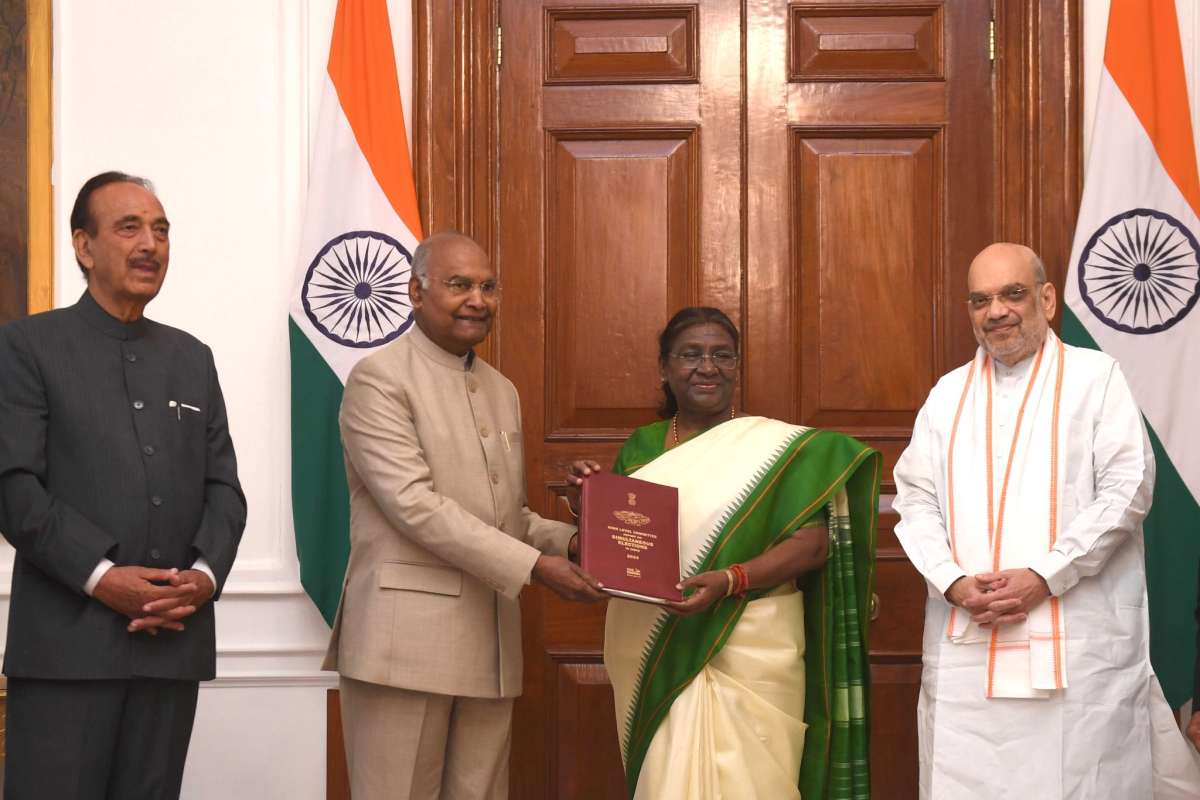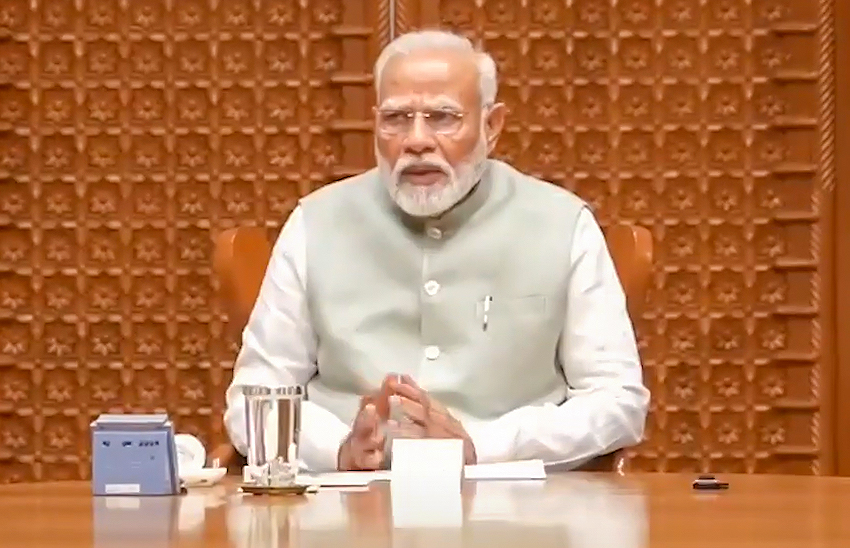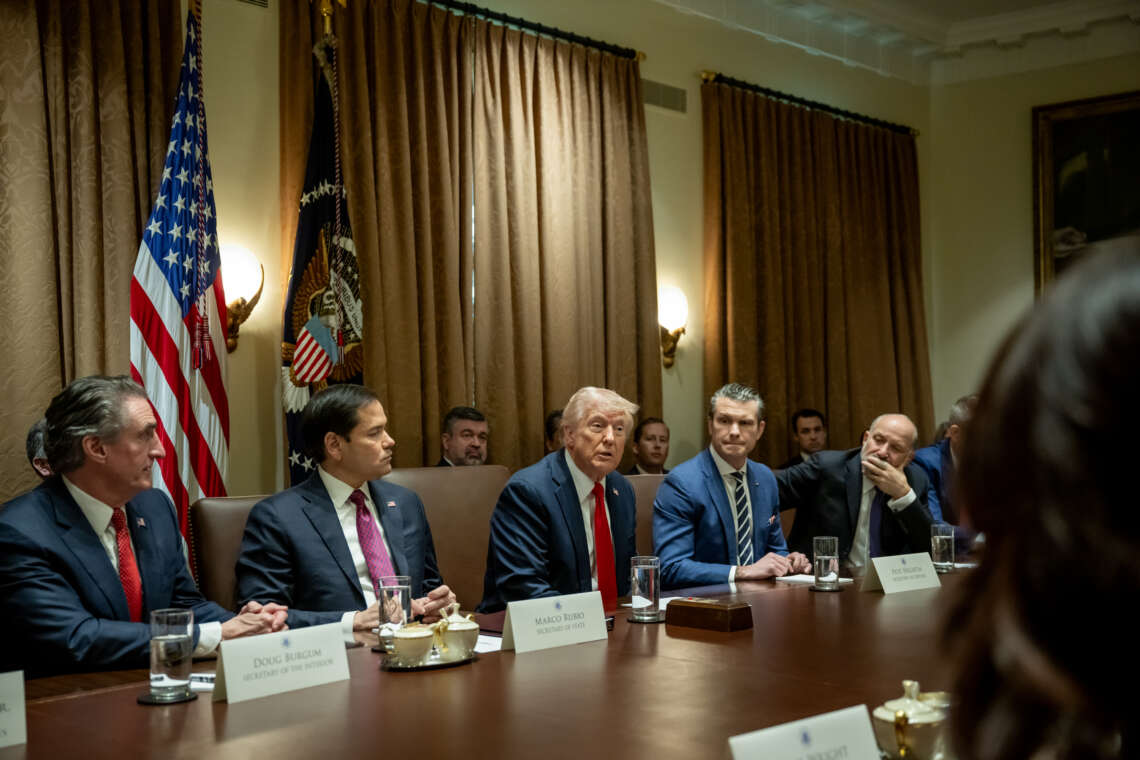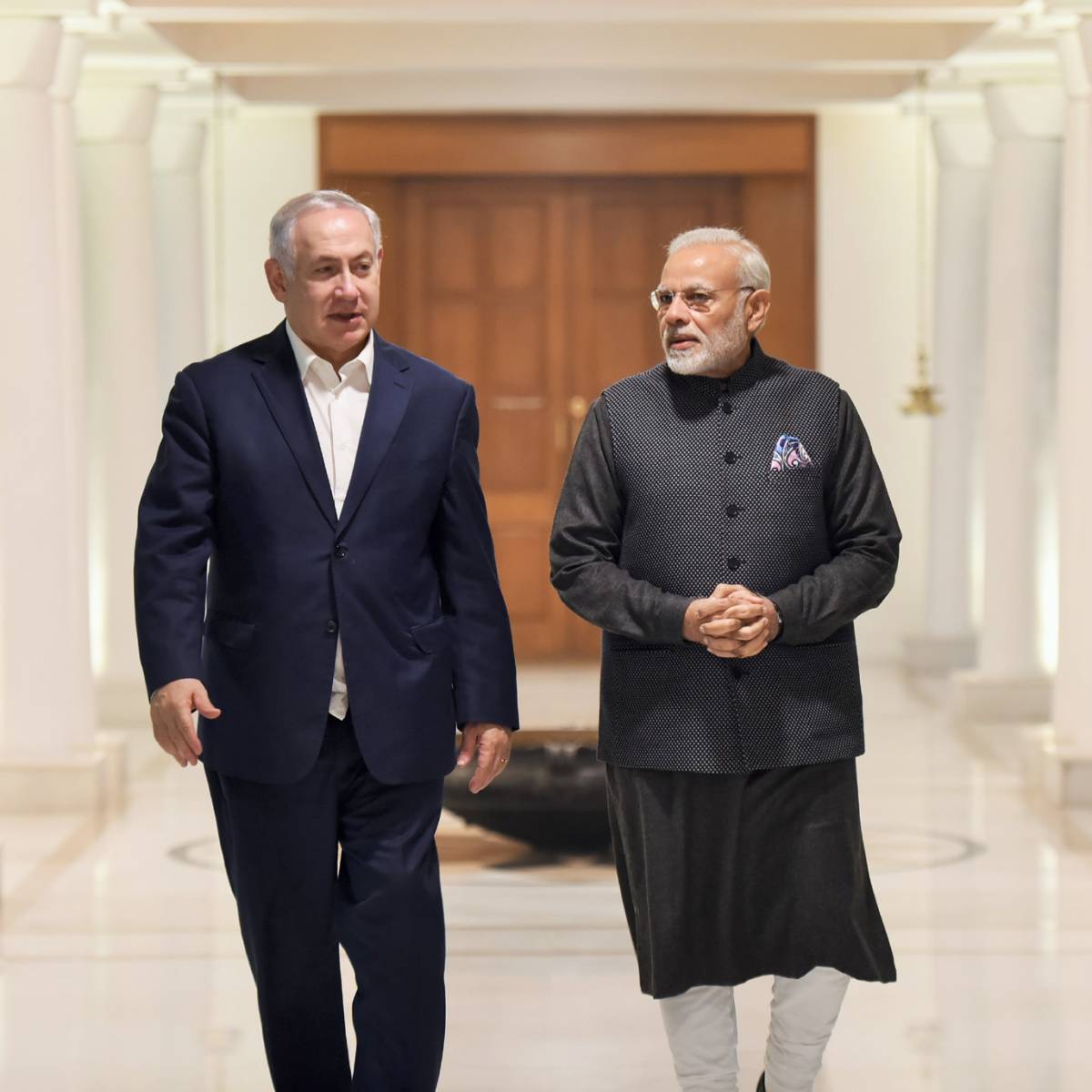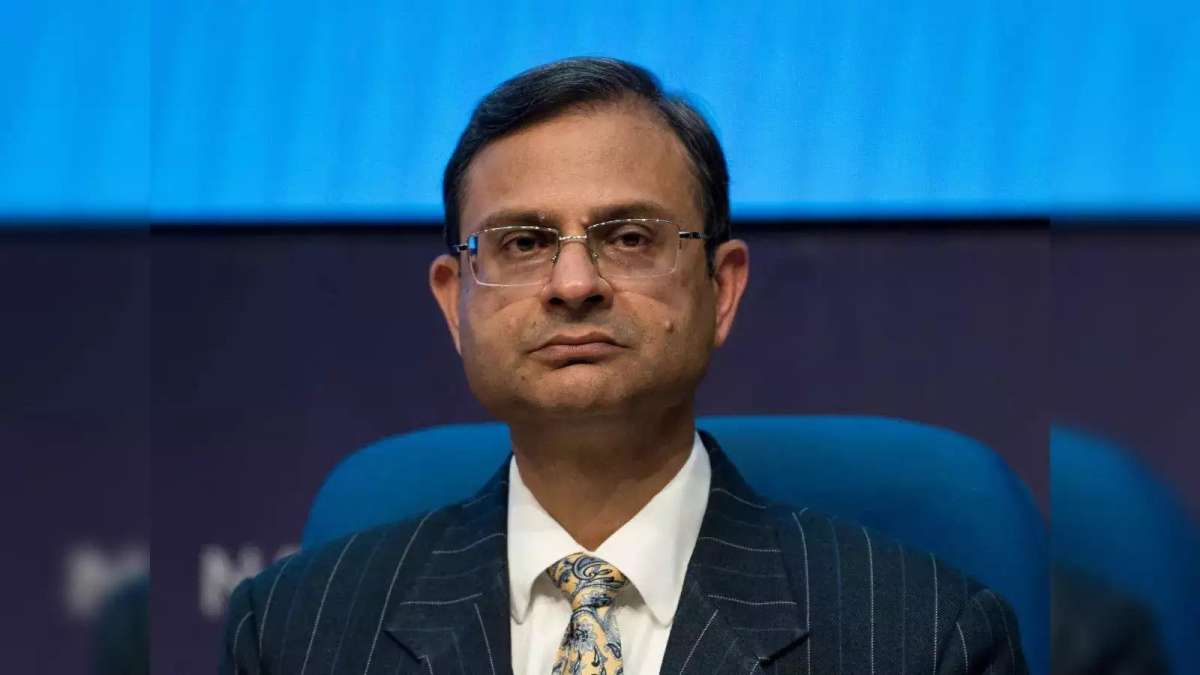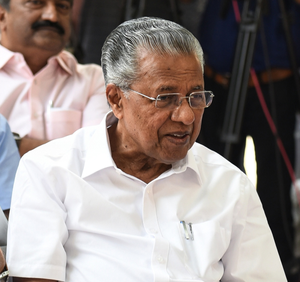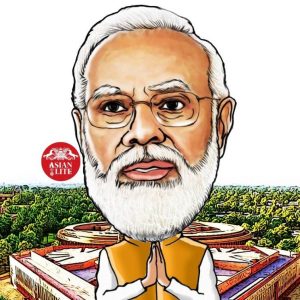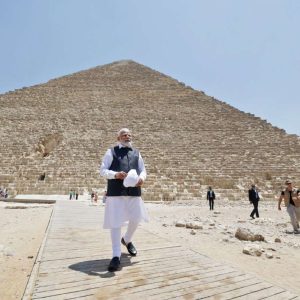To ensure broad support, the government plans to build consensus on the bill, possibly referring it to a Joint Parliamentary Committee (JPC) for detailed discussions…reports Asian Lite News
The Narendra Modi government is moving forward with its “One Nation, One Election” initiative and is preparing to introduce a bill in the Parliament during the current session, sources told.
The Cabinet has already approved the Ram Nath Kovind Committee’s report on the proposal, which advocates simultaneous elections across the country.
To ensure broad support, the government plans to build consensus on the bill, possibly referring it to a Joint Parliamentary Committee (JPC) for detailed discussions. This exercise will pave the way for including opinions from all political parties which will be sending their representatives. Moreover, this will also facilitate other stakeholders, including state Assembly speakers and intellectuals, to share their views. Opinions of the public may also be sought.
At the same time, however, the implementation of the One Nation, One Election system is also likely to be challenging without a decisive and convincing consensus. The implementation of this plan would require amending the Constitution and for this, at least six bills need to be passed. This will also require a two-thirds majority in Parliament. Needless to say, the ruling NDA coalition holds a simple majority in both Lok Sabha and Rajya Sabha. However, obtaining the necessary two-thirds majority will be an uphill task.
According to the arguments put forward by the government, the simultaneous elections would save time, money, and resources, and prevent the obstacles that are caused by the Model Code of Conduct repeatedly due to one election or the other. The MCC also halts development work during election periods.
The Opposition at the same time has faulted the proposal, saying that this plan will face logistical challenges. Managing multiple elections will be challenging, says the opposition. The parties in opposition have also called the idea “undemocratic and unconstitutional”.
Meanwhile, the Committee, headed by former President Kovind, suggested that bipartisan support is crucial for the success of “One Nation, One Election”. It also recommended that the plan can be implemented only after 2029.
The committee also stressed the need for wider consultations and public engagement to address concerns so as to ensure the idea is viable in the long term. This, however, indicates the complexity of this ambitious electoral reform.
ALSO READ-‘Modi’s Oversight Drives India’s Growth’


